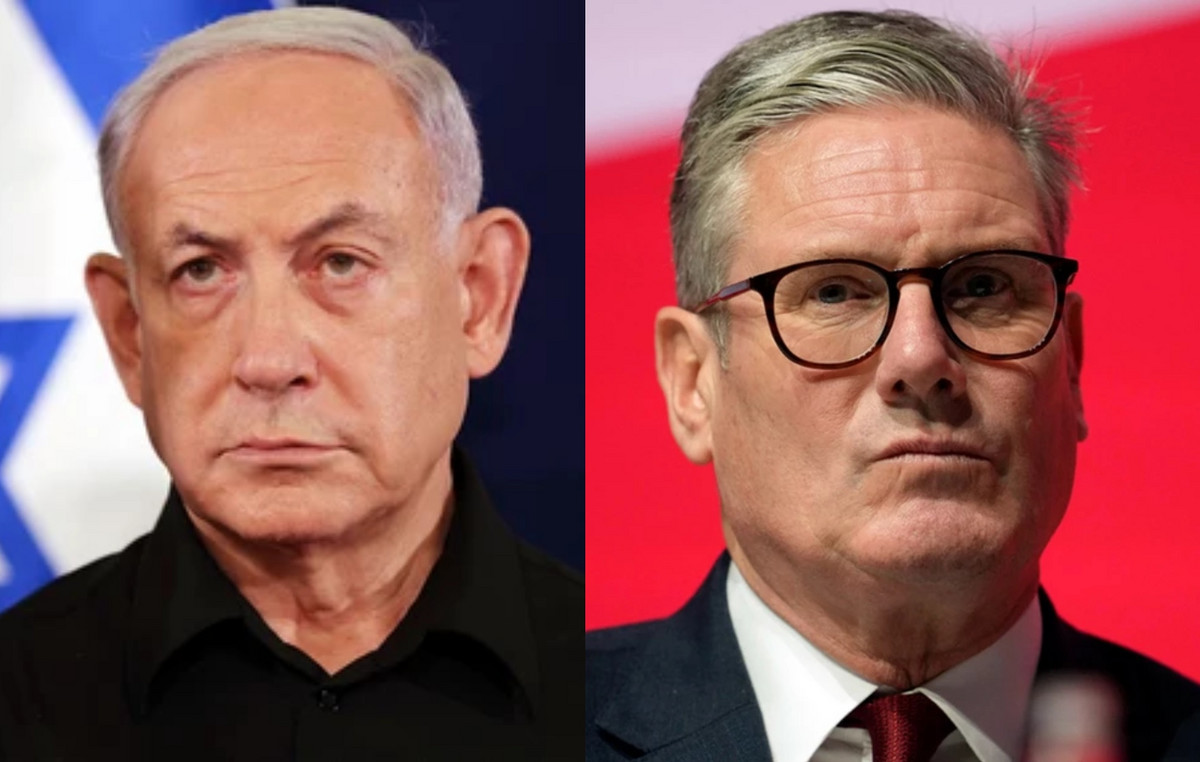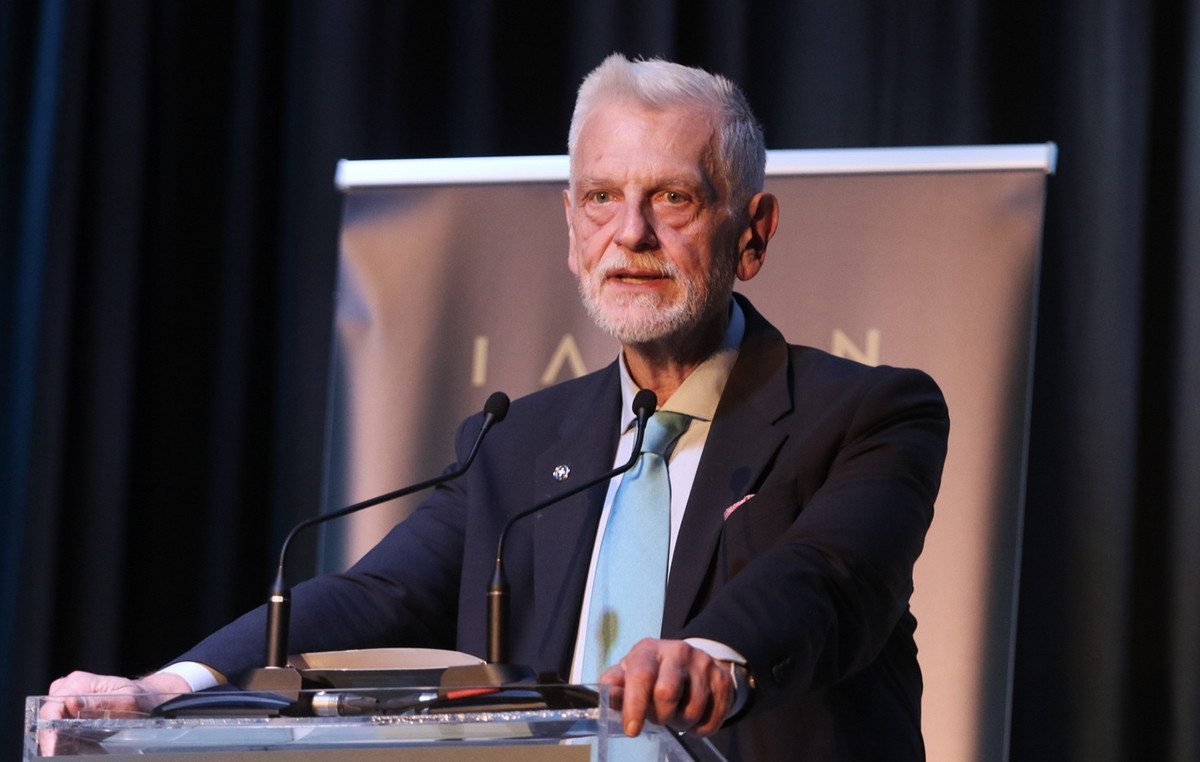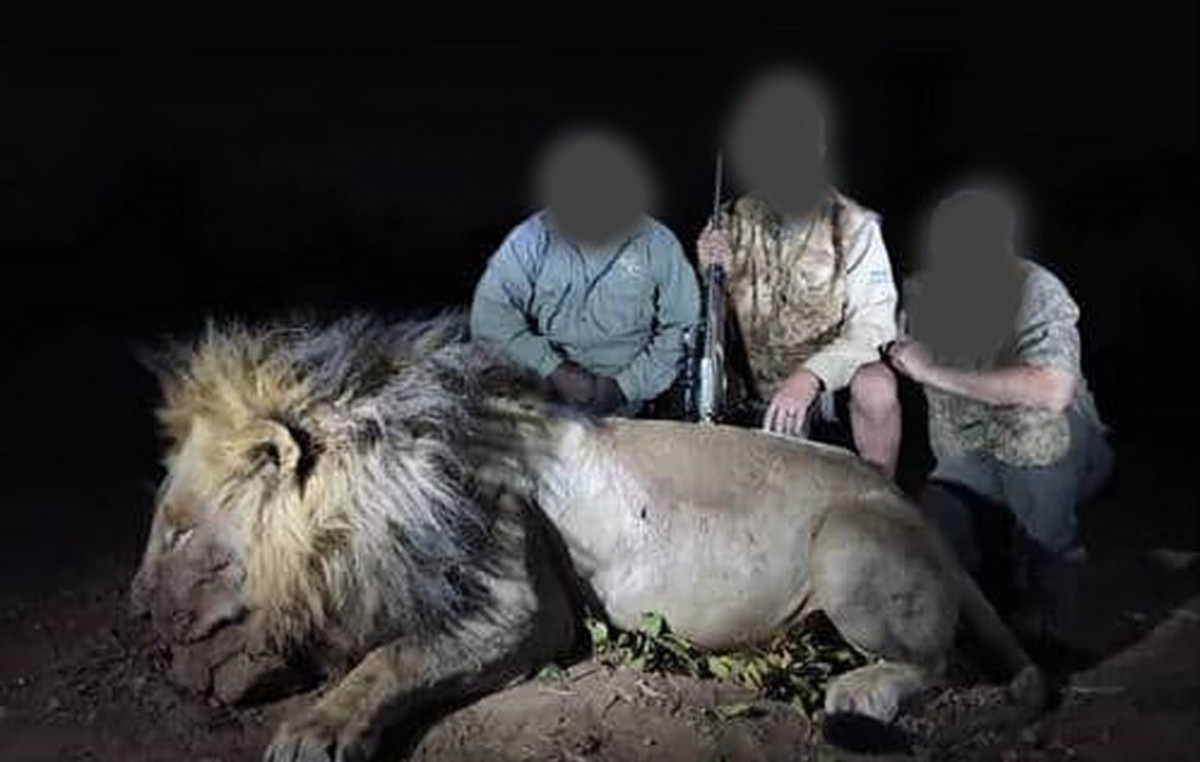Finland, a country that shares a 1,330-kilometer border with Russia, announced this week that it will halve its limit on the number of visa applications from Russian citizens. Currently, 1,000 Russians can apply for Finnish visas every day, but as of September 1, that number will drop to 500.
Jussi Tanner, director general of consular services at the Finnish Ministry of Foreign Affairs, told CNN that a maximum of 20% of these places will be allocated to tourist visas, which means that only 100 permits of this type will be available per day.
The move comes after Estonia, another European Union nation that borders Russia, banned even Russians who already had visas from entering the country. According to Reuters, the measure affects about 50,000 people.
The Czech Republic and Latvia also supported the visa ban and also took steps to restrict the entry of Russians into the EU.
The proposal was first launched by Ukrainian President Volodymyr Zelensky, who wants to prevent Russians from entering the bloc, where they can travel freely for 90 days in the Union’s common travel zone, the Schengen area.
Not everyone agrees. German Chancellor Olaf Scholz says that while it is important to sanction those in Russian President Vladimir Putin’s inner circle, Europeans must “also understand that there are many people fleeing Russia because they disagree with the Russian regime.”
A high-ranking German diplomat told the CNN that Scholz’s argument is not based on facts, “since anyone can apply for a humanitarian visa.” The diplomat believes Scholz is primarily trying to “balance his own party, which is divided between those who want dialogue with Russia and those who refuse.”
Proponents of Russian visa limitation believe the argument is clear enough.
Alexander Stubb, a former Finnish prime minister and foreign minister who had previously advocated limiting visas with Russia, told CNN : “It’s a sad situation, but the price of war must be felt by Russian citizens.”
Stubb said that “the only way the hearts and minds of the Russian people can be changed is for them to understand that what Putin is doing is a blatant violation of international law. This means a total visa ban for Russians.”
Rasa Juknevičienė, former Lithuanian defense minister and current member of the European Parliament, says that “first of all, this is a security issue”.
“Russian citizens travel to the EU mainly via Finland and Estonia. Official country services are under enormous pressure. Russia is controlled by structures inherited from the KGB, which exploit the opening of countries to various operations,” Juknevičienė told CNN .
It is unlikely that European leaders will reach complete agreement on this issue. While the EU has been largely united since the beginning of the war and has come together to impose sanctions on Russia, there is a geographic reality that complicates any consensus among 27 countries with different economic and political priorities.

The countries in the west and south of the Union, which are more “protected” from the Kremlin’s aggression due to the great distance, are quick to remember that Russia is a very large part of the wider region of Europe.
So it is not only extremely difficult, but probably not productive, to simply ignore Russia. Once the war is over, European economies will want to re-establish ties with the Kremlin. Not only is this beneficial to these countries, it can also be valuable in a post-conflict propaganda war to convince ordinary Russians of the benefits of European values.
Strategically, more serious figures also agree that any post-war European security plans will have to involve Russia, and it is far better for Moscow to be proactively involved and working with its European neighbors.
At the other end of the spectrum, there are countries like Poland, Estonia, Lithuania and Latvia that have already suffered greatly at the hands of Russia, both at the hands of the oppressive dictatorship of the Soviet Union.
These are the competing factors that make dealing with Putin and Russia so complicated.
Will the EU work with Putin if he remains in power after the war? If not, how different must the regime be to satisfy the block? What would need to be included in a hypothetical treaty to assure different European leaders that Russia will not provoke further conflict? What would the EU be willing to concede to broker peace? It is worth remembering in all this that Ukraine is now a candidate for membership of the Union.
All these big questions create smaller questions, including what should be done during a visa conflict. The longer the war continues, as the West’s options for sanctions and retaliation become increasingly limited, the more of these questions will arise.
The harsh reality is that these minor questions must be balanced against whatever is the best case, the long-term outcome of this dark period. The truth is, one thing will never change: Europe cannot simply ignore Russia.
Source: CNN Brasil
I’m James Harper, a highly experienced and accomplished news writer for World Stock Market. I have been writing in the Politics section of the website for over five years, providing readers with up-to-date and insightful information about current events in politics. My work is widely read and respected by many industry professionals as well as laymen.







